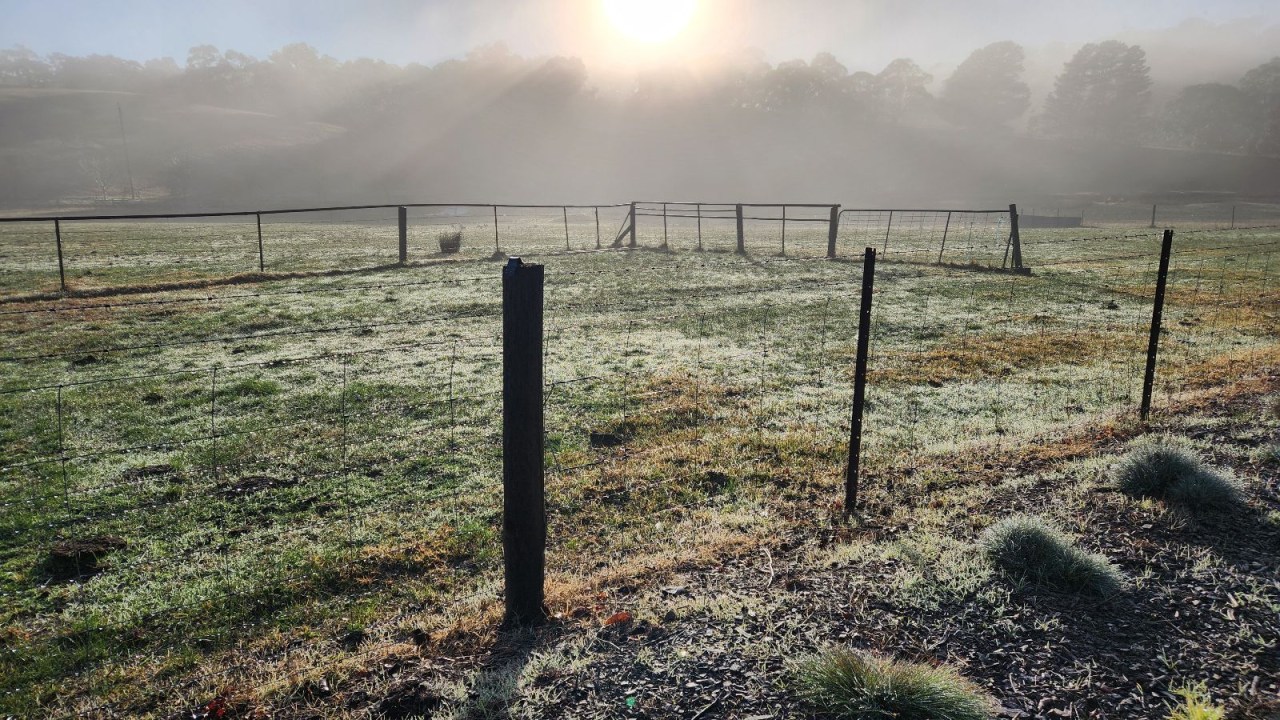One Australian city has shivered through its coldest morning in years as winter temperatures plunged across the south-east overnight.
On tonight’s episode of Paul Murray Live, Sky News host Paul Murray discusses house fires during winter, Optus, bank outages, government income, US politics and more.
Sky News host Paul Murray says “we all want to stay warm” but Australians should be warned against leaning too much on heating the house as many die every year due to house fires while keeping warm.
“It is not really breaking news that it is cold during winter … there is a reason I am mentioning this … the reason I mention this is because, sadly, there are people who die in house fires each and every winter,” Mr Murray said.
“Every year it is very close, or, depending on your data, even higher than the number we lose during bushfires.”
Speaking to ABC Radio Adelaide, Bureau of Meteorology senior forecaster Simon Timke said it was the coldest morning in the state’s capital since August 27, 2021.
Mr Timke said Adelaide’s overall minimum temperature at 5.50am had fallen to 2.6C, but it had gotten quite a bit colder in the suburbs.
Bureau of Meteorology senior forecaster Simon Timke said it was the coldest morning in the state’s capital since 2021. Picture: News Corp Australia/Lynton Grace
“Parafield got down to -0.1C, Edinburgh 0.6C, Mount Lofty 1.1C, Adelaide Airport even 1.5C so, quite a cold start,” he said.
“Most of those minimum temperatures occurred a little bit earlier. We’ve had a little bit of north-westerly wind pick up which has lifted the temperature a tiny bit.”
Mr Timke said the cold temperatures were expected to persist with a top temperature for Wednesday of 14C, with maximum temperatures to increase slightly at the back end of the week.
Regional areas of South Australia, such as Coonawarra in the south-east, along with Roxby Downs and Leigh Creek in the far north, all recorded freezing, sub-zero temperatures.
A frost warning was issues for parts of the Mount Lofty Ranges, Murraylands, Mid North, Riverland, and Upper South East and Lower South East for Wednesday, when temperatures are forecasted to slip further down to -2C.
A curious caveat to the freezing temperatures was Australia’s nationwide mean temperature for the month of June was warmer compared to previous years, clocking in at 0.71C higher than normal.
Australia’s nationwide mean temperature for the month of June was warmer than usual. Picture: BoM
This was largely due to Western Australia being warmer than usual, recording its eighth-warmest June on record.
For 2024, June was the fifth of six months to date where average temperatures across Australia were warmer than usual, despite it being uncommonly cold in some areas.
Meanwhile, Melbourne was very close to its long-term average minimum and maximum temperatures for the month, with an average minimum of 6.9C compared to a 7C long-term average.
Melbourne could experience its coldest week in 11 years if the stagnant weather pattern persists and if the early temperatures remain at or below 5C.
However, the coldest morning of the week is forecast for Wednesday where temperatures are expected to plunge to 1C, 5C below the July average.
Canberra was cooler than average with a minimum temperature average of 0.1C, compared with its long-term average of 1.2C.
Interestingly, both Sydney and Hobart were slightly warmer overall, despite the whole state of NSW and Tasmania being colder than the long-term averages.

